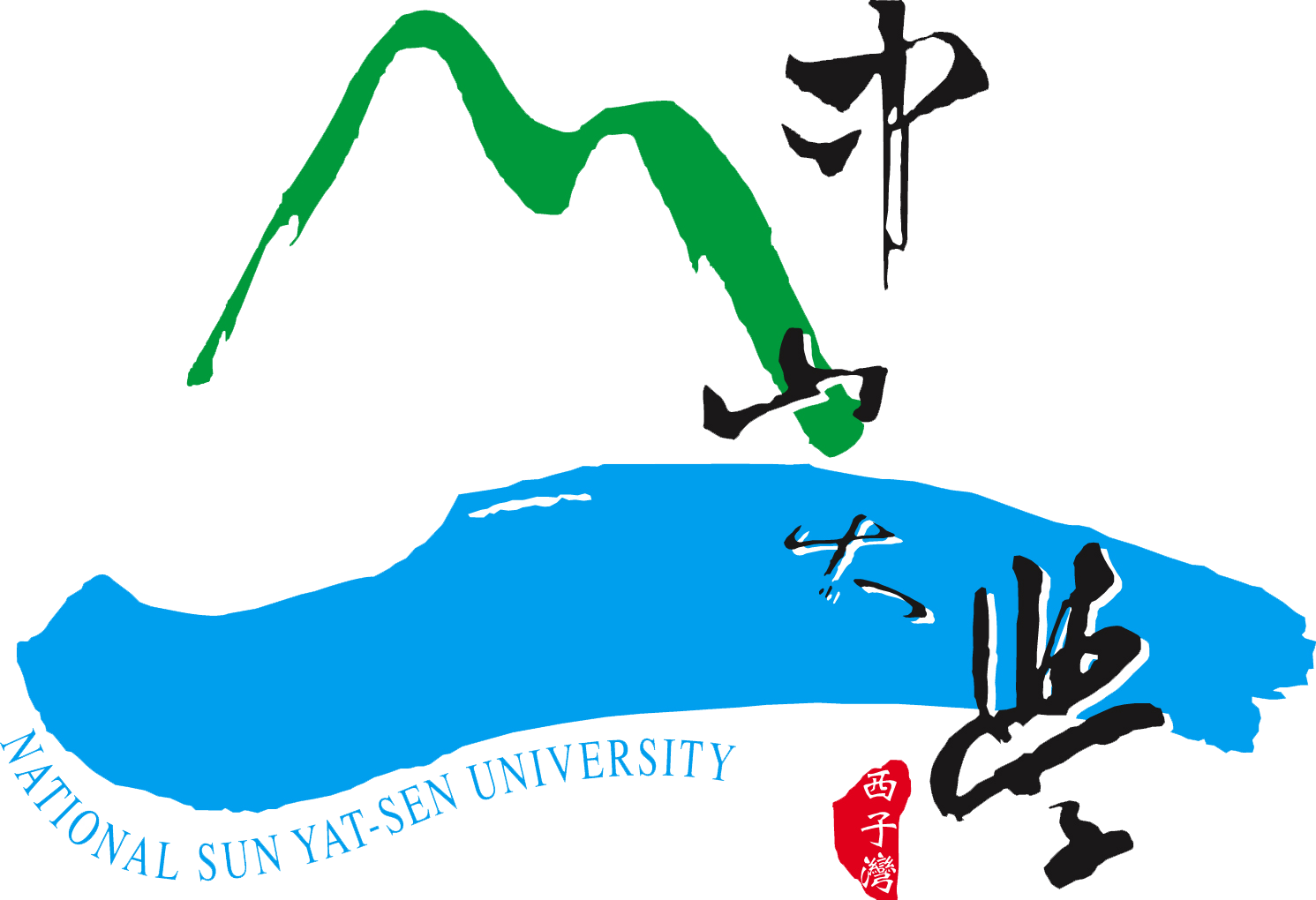Computational Quantum Materials
Research Field
Prof. Feng-Chuan Chuang graduated from National Taiwan Normal University with a B.S. in Physics in 1997. He obtained his M.S. and Ph.D. in Condensed Matter Physics at Iowa State University in 2003 and 2005, respectively.
Starting Feb. 2006, he began his career at the National Sun Yat-Sen University as an Assistant Professor. Prof. Chuang was given the National Sun Yat-sen University Young Scholar Award in 2010. He was promoted to associate and full professor in 2009 and 2013, respectively. He served as the chairman of the Physics department from 2014/8~2016/7, and hosted the 2016 annual meeting of the Physical Society of Taiwan. Prof. Chuang was again given the National Sun Yat-sen University Outstanding Research Award in 2016. He received the Excellent Young Scholar Research Grant of MOST in 2018.
His research interests include condensed matter physics, computational materials physics, materials design, surface science, first-principles calculation, molecular dynamics, and genetic algorithms, to name a few. He has published works on atomic clusters, semiconductor and metal surfaces, topological insulators, and advanced 2D materials. He has developed the structural optimization and materials design algorithms for predicting and studying quantum materials. He has predicted and engineered numerous two-dimensional topological materials that harbor quantum spin Hall effect and quantum anomalous Hall effect. He has collaborated closely with experimental groups to study the electronic properties of advanced 2D materials and surface physics. Overall, he has published numerous papers in some of the most prestigious journals, such as Physical Review Letters, Nano Letters, Science Advances, Nature Communications, Small, and ACS Nano.
The research focus in Prof. Chuang’s Lab is to understand solid-state materials systematically via computer algorithms and theoretical modeling. This approach includes the use of various levels of total energy calculations, such as force field molecular dynamics, tight-binding molecular dynamics, first-principles calculations, density functional theory, and beyond (GW and hybrid functionals).
Condensed matter physics, computational material physics/science; first-principles calculation, molecular dynamics, genetic algorithm, greedy algorithm, tight-binding MD, classical MD; atomic clusters, semiconductor surface, metal/semiconductor interface, 2D materials, graphene and beyond, topological insulators (2D quantum spin Hall effect), 2D topological crystalline insulators, 2D Quantum anomalous Hall insulator, 2D layered structures, transition metal dichalcogenides, hydrogen storage materials.
- Excellent Young Scholar Research Award Grant NSTC (2015/8~2018/7 and 2018/8/1~2021/7/31) for age under 45.
- National Sun Yat-sen University Outstanding Research Award (2016/8)
- National Sun Yat-sen University Young Scholars Award (2010/10)
Ph. D., Condensed Matter Physics, Iowa State University, USA (2005/05)
M. S., Condensed Matter Physics, Iowa State University, USA (2003/5)
B. S., Physics, National Taiwan Normal University, Taiwan (1997/7)
